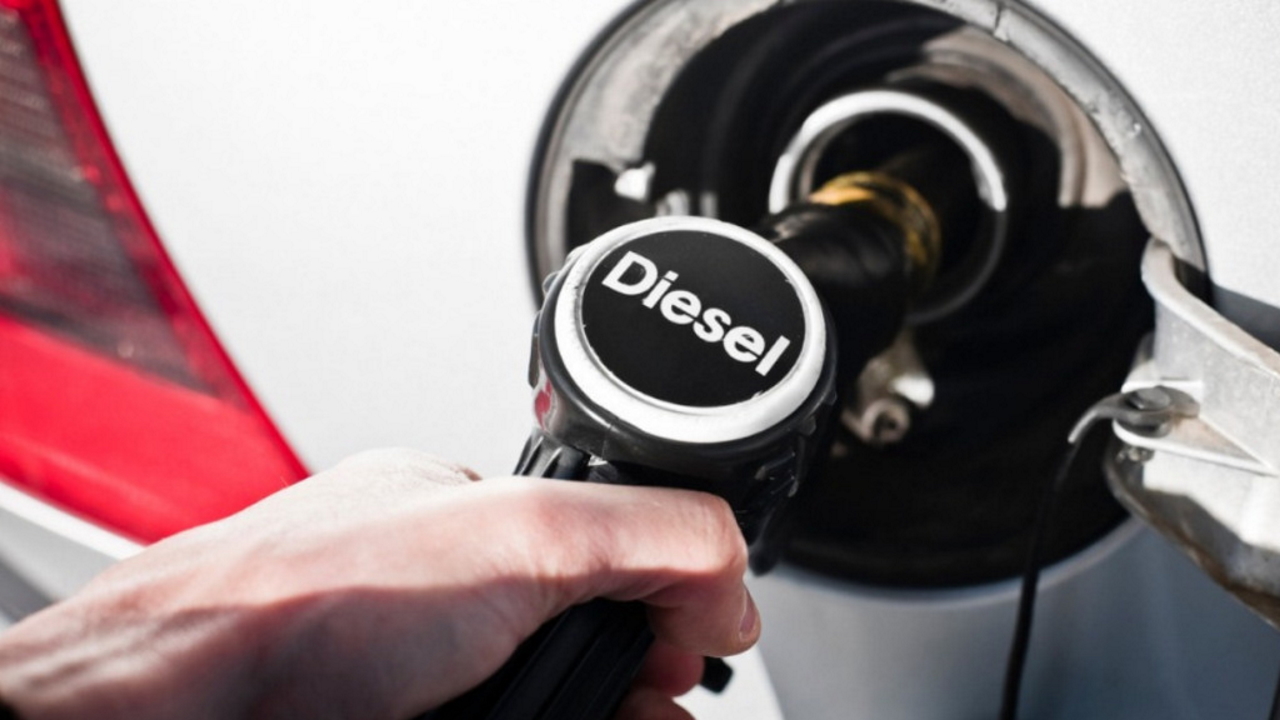Goodbye to diesel engines in heavy commercial vehicles by 2040, ten years ahead of schedule?
Source: HW Upgrade added 16th Dec 2020
Based on an agreement signed between the largest manufacturers of heavy commercial vehicles, would be 2040 and not 2050 the year in which diesel-powered vehicles of this type will be finished. Here’s what we know so far
by Alessandro Bordin published 16 December 2020 , at 12: 01 in the Technology channel
The Financial Times talks about it, which is why the news supports on solid grounds: seven major producers ( Daimler, Scania, MAN, Volvo, DAF, IVECO and Ford ) would have signed an agreement that would anticipate well 10 years the abandonment of diesel engines in heavy commercial vehicles in Europe . We therefore speak of 2040 and no more than 2050 : although it looks like a promise for a very distant future, it is an ambitious goal, considering that today almost all of this type of vehicle is powered by diesel engines.
In recent years we have seen a great attention by the European regulatory authorities for reduce sales of petrol and diesel passenger vehicles ; on the other hand, much less attention has been paid to commercial vehicles. Longer average life of vehicles, the objective indispensability of road transport in the entire world logistic framework and other practical considerations have deliberately moved many of the constraints imposed on passenger vehicles for private use further.
The source therefore indicates the transition to a regime “ carbon neutral ” from 2040 onwards as regards heavy road transport and a few words need to be spent on the controversial interpretation given to this term. Often translated into Italian as “ zero emissions “, in the absence of objective nothing better, one is led to take literally something that is actually more complex. Being carbon neutral, for a company, does not mean not emitting anything harmful. That is impossible, especially if you take into consideration the entire path that leads to the creation of a vehicle, of any type, even full electric.
To be “ carbon neutral “means to offset the emissions produced with other, which will cancel the ‘environmental impact. An example: Amazon declares the specification “carbon neutral” for some products, because a very large percentage of recycled material is used and , above all , the planting of a quantity X of square km of forests for each tot of products sold. Not only pay attention to consuming and emitting less in actual production, but also a compensation for what is inevitably emitted in terms of CO 2 into the atmosphere . Quite different from that misleading “zero emissions”.
Returning to the actual news, the period in which diesel dominates the European market, both in passenger cars and commercial vehicles, therefore seems destined to end. Right or wrong, it just seems a matter of time. In short, electric and hybrid mobility will make its way into commercial vehicles in the years to come. How the compensation will be implemented remains to be defined.
